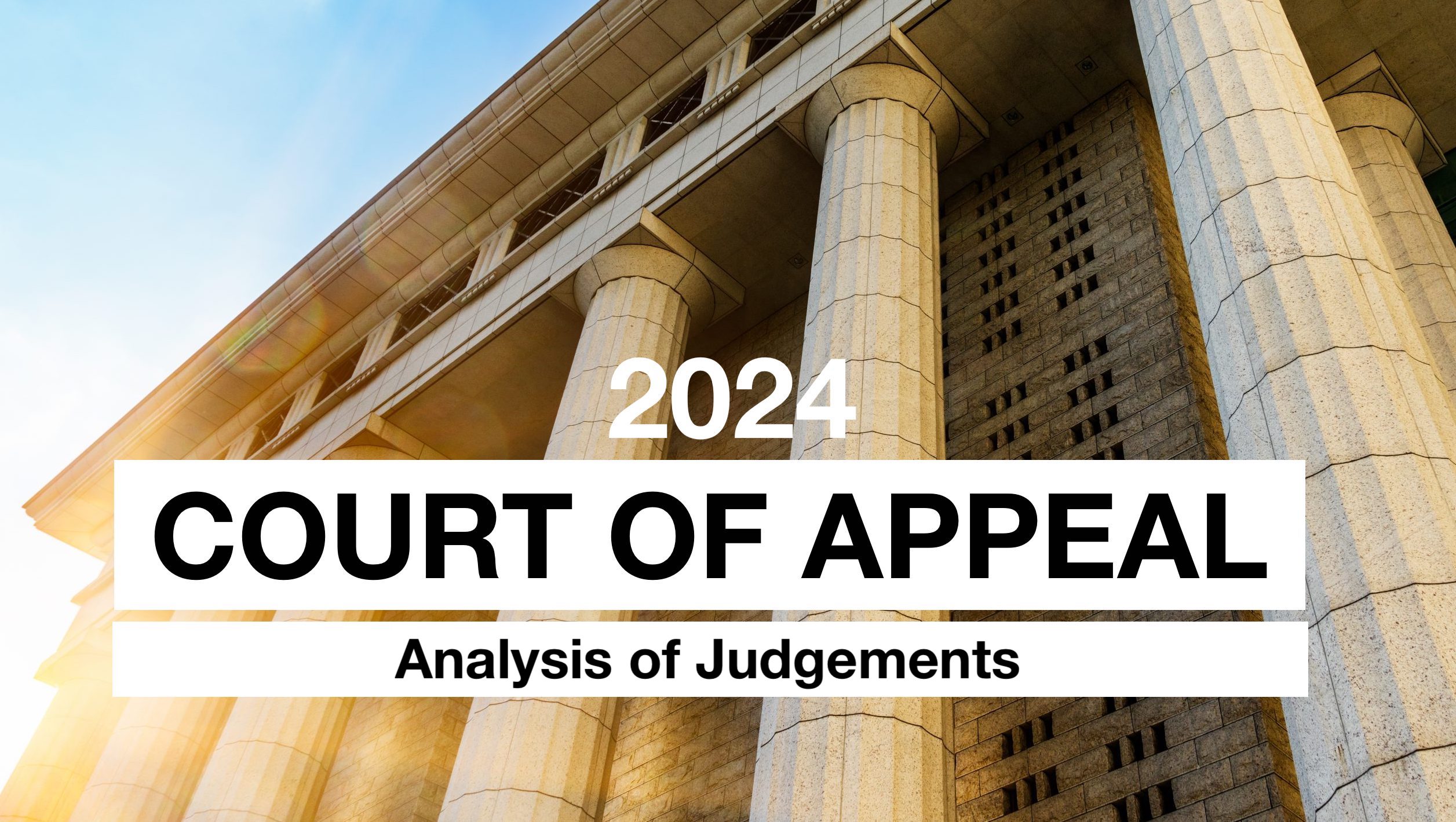This appeal was filed to challenge the conviction and sentence imposed by the High Court of Matale on the appellant for the offense of rape of a girl under 16 years of age. The High Court had convicted the appellant despite numerous inconsistencies in the evidence of the prosecution witnesses and alleged procedural errors.
Case Details
Rajapakshe Arachchilage Piyasena Alias Morpana v. Hon. Attorney General
Court of Appeal Case No. CA/HCC/33/23
Key Issues in Appeal
- Inconsistencies in the Victim’s Testimony:
- The victim (PW-01) provided conflicting accounts of the events.
- She initially claimed she was raped once but later testified to being raped thrice, even stating at one point that she had enjoyed the second instance.
- These inconsistencies raised doubts about the credibility of her evidence.
- Procedural Irregularities:
- The High Court judge who delivered the judgment did not hear any witnesses, compromising the ability to assess their demeanor and credibility.
- This approach violated fundamental principles of justice, as highlighted in cases like Fradd v. Brown & Company Limited.
- Improper Burden of Proof on the Accused:
- The trial judge improperly placed a burden on the accused to prove his innocence, which is contrary to established principles of criminal law.
- The presumption of innocence requires that the prosecution prove its case beyond a reasonable doubt, as reaffirmed in Nandana v. Attorney General and R.A. Sunil Appuhami v. Republic of Sri Lanka.
Court’s Observations
1. Credibility of Prosecution Witnesses:
- The testimony of PW-01 was inconsistent and contradictory. She admitted to lying during cross-examination, undermining her reliability.
- Witnesses intended to corroborate her testimony also provided conflicting accounts, further weakening the prosecution’s case.
- The judicial medical officer’s testimony did not definitively establish the alleged rape, as his findings were based solely on the victim’s account.
2. Procedural Flaws:
- The judge who delivered the judgment did not witness the trial or assess the demeanor of witnesses, a critical factor in determining credibility.
- This deviation from standard practice was particularly damaging in a case where the victim’s testimony was already inconsistent.
3. Burden of Proof Misapplied:
- The trial judge erred by suggesting that the appellant needed to prove his defense, thereby undermining the constitutional presumption of innocence (Article 13(5)).
- Established jurisprudence, such as Ariyadasa v. Queen, holds that the burden of proof does not shift to the accused unless they invoke specific legal defenses.
Court’s Decision
The Court of Appeal allowed the appeal, setting aside the conviction and sentence of the appellant. Key reasons included:
- The prosecution’s evidence, riddled with inconsistencies, failed to establish the case beyond a reasonable doubt.
- Procedural deficiencies, including the trial judge’s lack of firsthand witness observation, invalidated the judgment.
- Misapplication of the burden of proof violated fundamental principles of justice and fairness.
Conclusion
This case underscores the critical importance of adhering to principles of natural justice, proper evidentiary standards, and the presumption of innocence in criminal trials. The Court’s decision rectified procedural and substantive errors, reinforcing the judiciary’s role in upholding fairness and protecting individual rights.
Read Full Judgment














